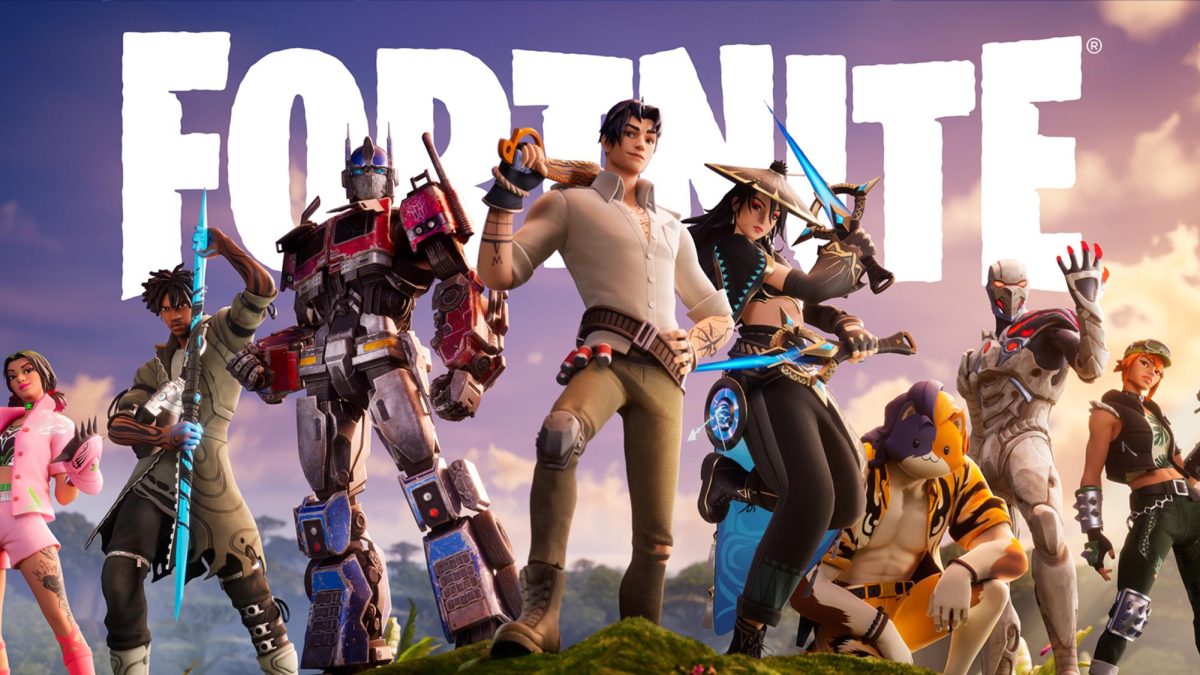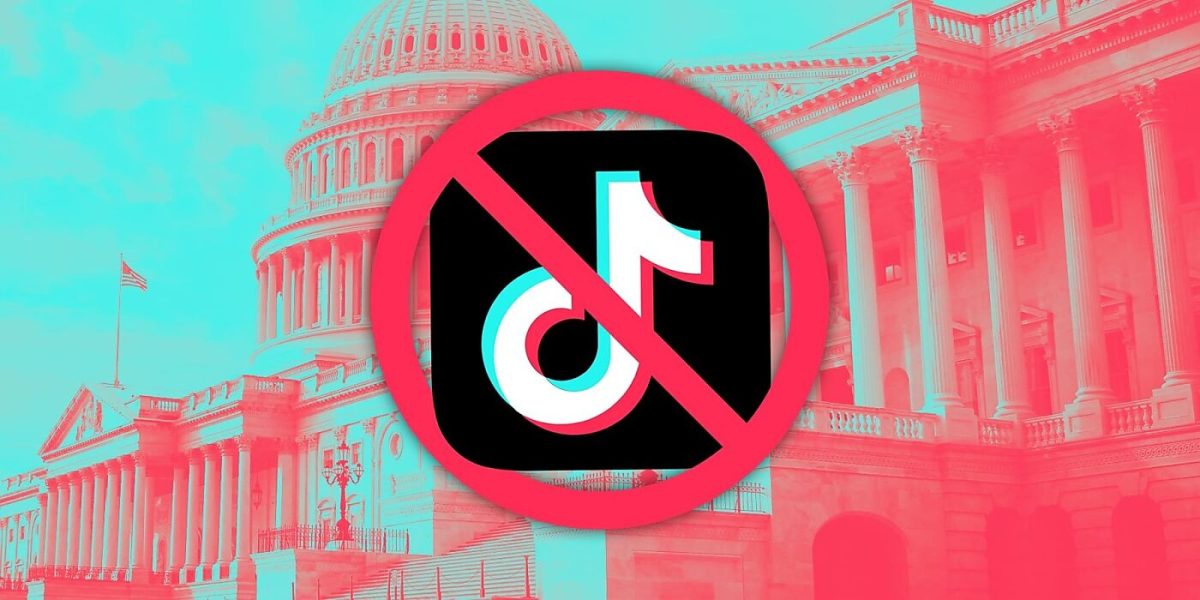TikTok, the popular social media app, has become a global success. However, in some parts of the world, the app has faced temporary bans or restrictions due to various concerns. These bans are related to issues around data privacy and security. Authorities are worried about how user data is stored and used. TikTok’s parent company, ByteDance, is based in China, which has raised concerns in some countries about the potential access to sensitive user information.
In 2020, India was one of the first major countries to ban TikTok, there were many national security concerns and data privacy issues. Later in 2020, the app faced threats of being banned in the United States. There were thoughts of the app in other countries such as Australia and some European areas. These bans were thought of because of how the user data is handled by TikTok and its possible links to the Chinese government.
Even though TikTok was not banned permanently in most of these areas, the threat of a ban is still a thought, with many governments continuing to think about the risks associated with the app. In some regions, TikTok has had changes to address these concerns, such as creating data storage centers outside of China and increasing transparency about its data usage practices. However, some countries are still concerned, and any future bans would depend on ongoing negotiations or changes in national security policies.
In January 2024, Tiktok was banned for less than 24 hours in the US because of the same concerns. This had TikTok users in America freaking out not knowing what other social media outlet to turn to. There were many different actions taken to get this ban in place. Yet it didn’t even last a full day.
Despite the uncertainty, TikTok remains unbanned in the U.S for at least an additional 75 days. and still has millions of active users and a booming digital economy built around content creation and influencer marketing. If TikTok were to face another ban, it could disrupt the digital media landscape, but its success in getting through past challenges suggests it will continue to adapt and evolve as it faces these ongoing regulatory hurdles. The platform’s ability to remain agile and its popularity among younger audiences will likely keep it at the forefront of social media, even amidst potential challenges to its accessibility in certain regions.



























